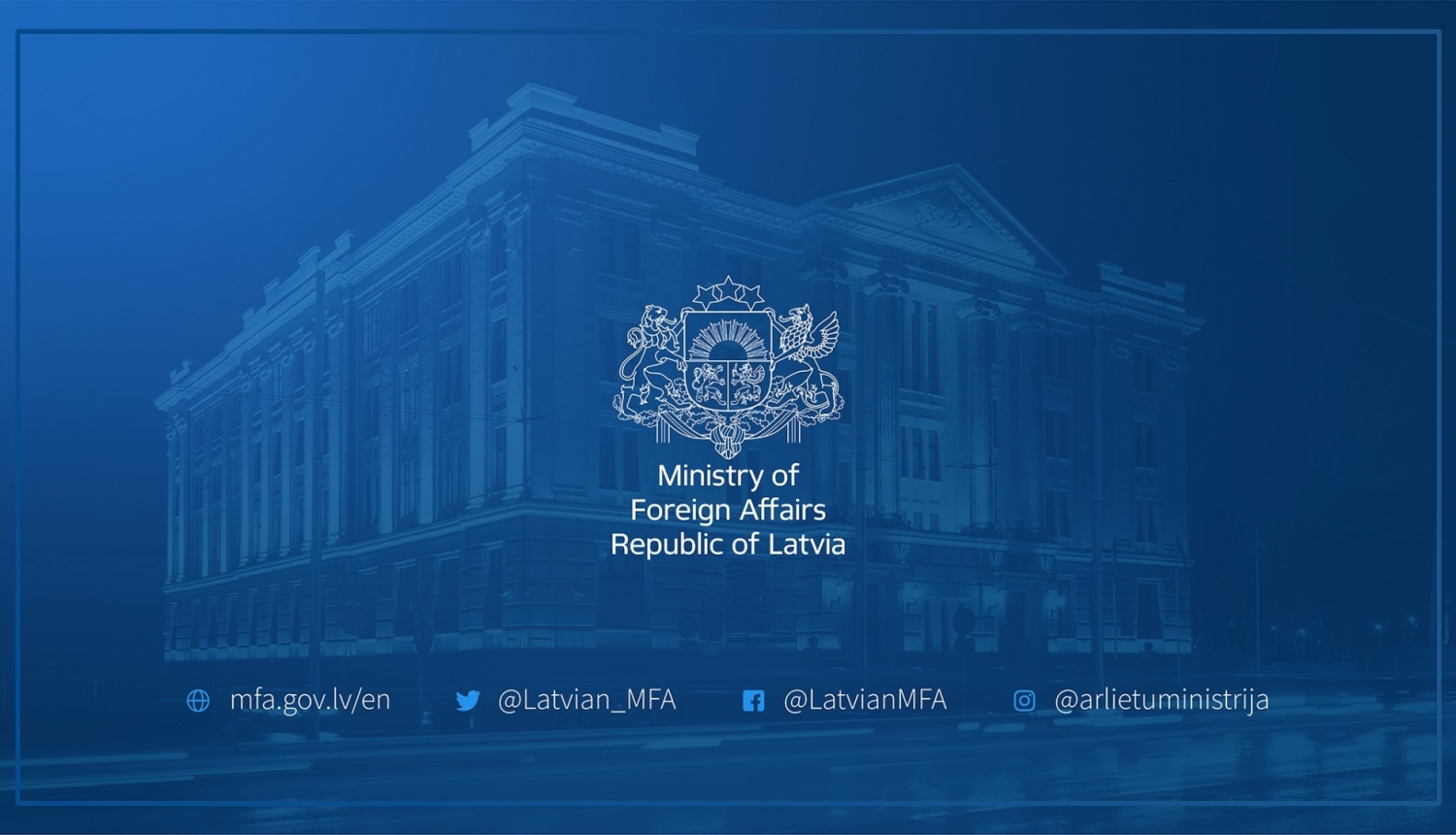This 9 August marks the third anniversary of the fraudulent presidential elections in Belarus. On this day three years ago, hundreds of thousands of Belarusians took to the streets to peacefully defend their right to choose their own future. These spontaneous demonstrations were suppressed with an extreme brutality by the Lukashenko regime.
Today, three years later, the situation is worse than ever for those who dare to voice any criticism of the system. We are deeply concerned about the situation regarding human rights in Belarus. Currently, there are close to 1500 political prisoners incarcerated in appalling conditions, exposed to ill-treatment and torture, without access to essential health services. Many of these prisoners have been kept for months without contact with their lawyers and relatives who do not know their current whereabouts and health condition. In his latest report, the UN High Commissioner for Human Rights stated that some of the widespread, systematic, and gross human rights violations in Belarus may amount to crimes against humanity. The EU continues to keep the situation high on the global agenda in international fora, and to promote efforts aimed at accountability for perpetrators of human rights violations.
The Lukashenko regime has also become a threat to regional and international security, through actions such as the forced landing of a civilian airplane in May 2021 and the still ongoing instrumentalization of irregular migration on the EU’s eastern borders. As of 24 February 2022, the regime became an accomplice in Russia’s war of aggression against Ukraine, putting at risk Belarus’ own sovereignty and independence to support Russia’s crimes in Ukraine. This complicity has allowed the illegal deportation of Ukrainian children by Russia to the Belarusian territory. On 26 May 2023, Russia and Belarus took a further escalatory step by signing an agreement to allow the deployment of Russian nuclear warheads on Belarusian territory. The EU is worried about the recent deployment in Belarus of the Wagner mercenaries, the destabilising effects in the region and the risk they represent for Belarus’ sovereignty.
We have adopted sanctions in response to the repression against all independent voices and against persons belonging to national minorities, the breaches of international law and the support to Russia’s war of aggression against Ukraine by Lukashenko’s regime. The latest package of sanctions addresses human rights violations and the constantly worsening internal repression, and sends a signal that the EU continues to be fully engaged in support to human rights and democracy. It also addresses the risk of sanctions circumvention. The EU will continue putting pressure on the Belarusian regime as long as needed.
The EU commends and supports the efforts of the Belarusian democratic movement. The determination of Belarusian people who at great personal risk continue to stand up for democracy is a great factor for hope. The EU is providing support to victims of repression, human rights defenders, civil society organisations, independent media and journalists, students and businesses in exile, as well as to initiatives aimed at safeguarding the Belarusian identity, culture, and language.
We call on the authorities of Belarus to engage in a genuine and inclusive dialogue with all elements of society leading to free and fair elections. Once Belarus embarks on a democratic transition, the EU is committed to help Belarus stabilise its economy and reform its institutions. Our aim is to help build resilience and more democratic reforms, to create new jobs and improve people’s living standards, including through a Comprehensive Plan of Economic Support of up to EUR 3 billion to a democratic Belarus.
The EU will stand with Belarusians as long as it takes on their path to an independent, democratic, and prosperous country as part of a peaceful Europe.




